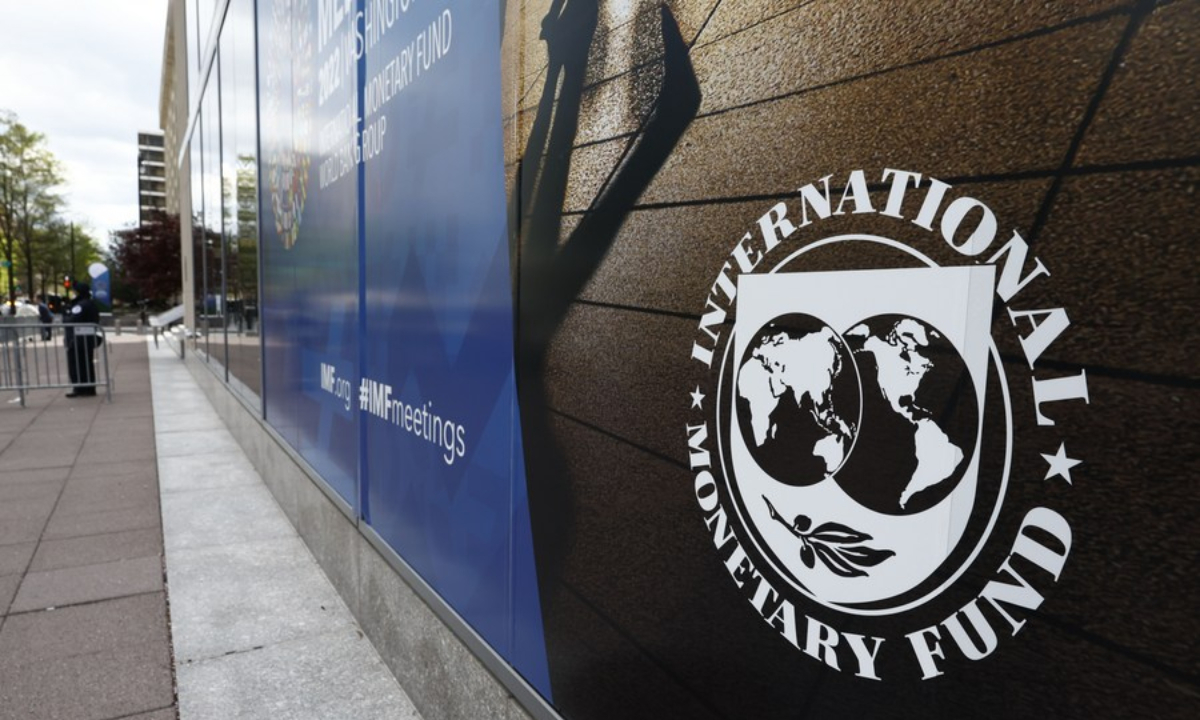AstraZeneca Proposes Price Cuts Amid Political Pressure

The recent announcement from President Donald Trump urging 17 pharmaceutical companies, including AstraZeneca, to implement price cuts on U.S. drugs within 60 days carries substantial implications for the healthcare sector. Set against the backdrop of escalating drug costs that are, on average, two to three times higher in the U.S. than in other developed countries, this initiative aims to address a critical public concern: affordability. As healthcare spending continues to encroach upon household budgets and government resources alike, the urgency to adopt strategies for price reductions is gaining momentum. The impact of such a directive not only influences the pharmaceutical market but is also likely to resonate across the broader economy, raising questions about the sustainability of healthcare innovation and the delicate balance governments must navigate between fostering innovation and ensuring affordability.
AstraZeneca's response to Trump's pressure carries a dual narrative of corporate responsibility and strategic positioning. The company's proposal to reduce drug prices, coupled with its consideration of direct sales to consumers, demonstrates a proactive approach amidst scrutiny from both regulators and the public. By placing itself in alignment with government expectations, AstraZeneca may mitigate potential backlash and regulatory hurdles while enhancing its brand image as a socially responsible entity. This strategy can also serve to protect its EBITDA margins in the long term by fostering goodwill among consumers and paving the way for increased market access. However, the ambitions behind this initiative must consider the broader implications: could a sudden emphasis on price reduction undermine the extensive R&D investments that significantly contribute to the sector’s growth? Herein lies a crucial question: how will this balance of needs influence future innovation in drug development?
Historical precedents suggest that rapid shifts in drug pricing and regulation, such as those seen during the 2008 financial crisis or the dot-com bubble's burst, often yield unintended consequences. Political pressure to cut prices could lead to a retraction in investments or a slowdown in the introduction of new treatments, a concern echoed by many health economists. Moreover, the volatility observed in pharmaceutical stocks following Trump's announcement underscores the market's sensitivity to potential disruption. While AstraZeneca and its peers must heed the call for price reductions, there is a risk that excessive pressure could compromise long-term value creation and investment into future therapeutics, ultimately harming consumers in the long run as fewer innovative therapies reach the market. Investors, therefore, should remain vigilant, balancing immediate returns from potential cost savings with the imperative for sustained innovation.
Read These Next

Chinese Games Expand Presence in Overseas Market
The 22nd China Digital Entertainment Congress in Shanghai showcases Chinese gaming firms' international ambitions and an 11% sales increase.

Corporate Governance: Meeting Stakeholder Needs or Risking Oversight?
This commentary discusses recent governance changes within a company, including the elimination of its supervisory board and the establishment of new audit and specialized committees. The analysis highlights the historical context of such changes, potential risks, and future implications for stakeholders. It offers insights into the company's strategic shift towards enhanced accountability and compliance while maintaining a watchful eye on the effectiveness of these new governance structures.

IMF Forecasts Global Growth of 3.0 in 2025 and 3.1 in 2026
IMF forecasts global growth at 3.0% for 2025 and 3.1% for 2026, citing improved finances and lower tariffs amid trade tensions.
